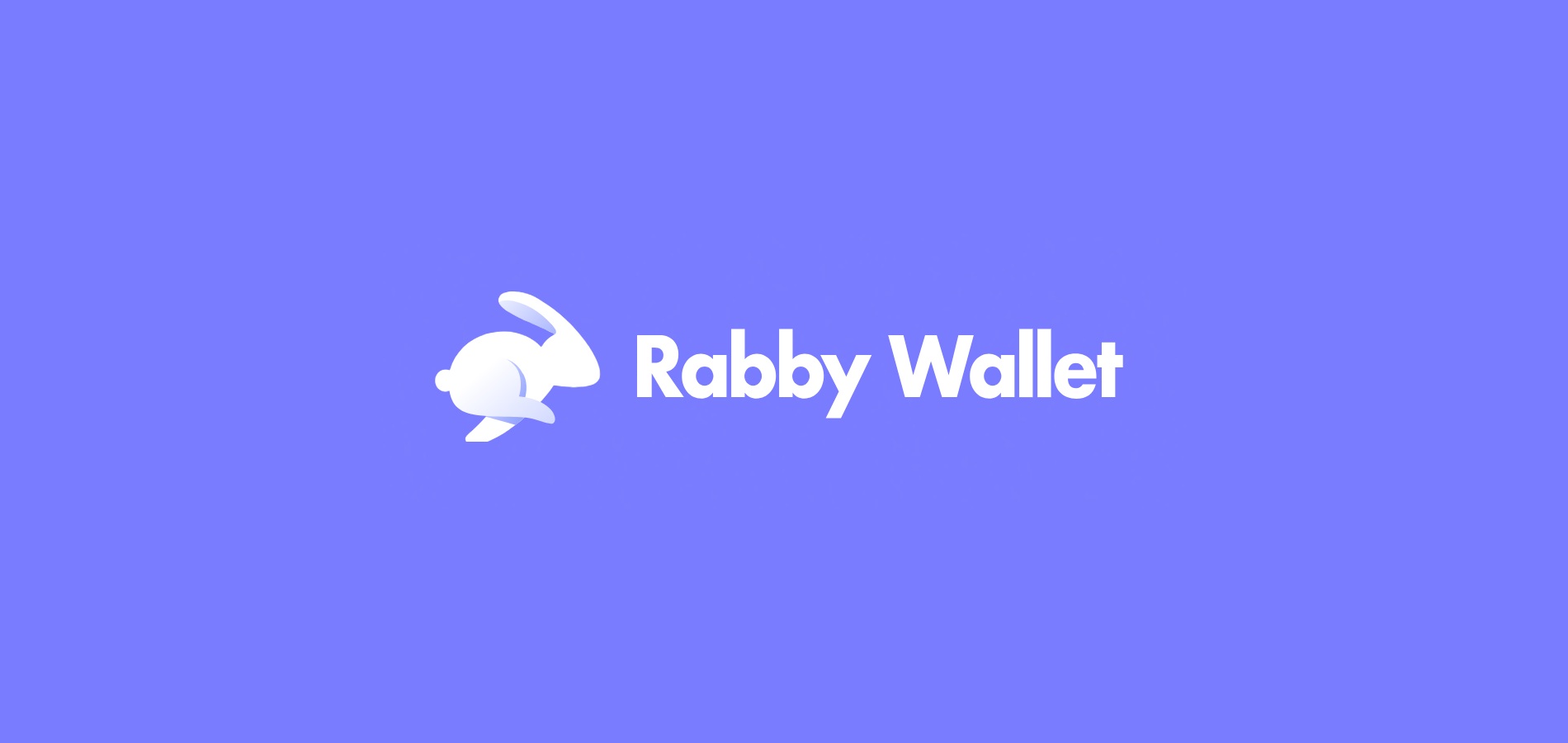Wow! So, I’ve been messing around with DeFi apps lately, and something kept bugging me about how wallets handle token approvals. Seriously, it feels like managing permissions is this hidden minefield that most folks don’t even know exists. You approve a token once, then forget about it—until some shady contract tries to clean you out. That’s where smart token approval management steps in, but honestly, it’s a bit more complex than it sounds.
Okay, so check this out—when you interact with decentralized apps, you’re basically telling your wallet, “Hey, it’s cool to let this smart contract move my tokens around.” But do you really want to give unlimited access? My instinct said no way, yet many wallets don’t make it easy to set custom limits or revoke approvals quickly. That’s a huge security hole.
Initially, I thought all wallets handle this similarly, but then I stumbled upon the rabby wallet extension, which lets you manage token approvals in a much more transparent way. It’s like having a security guard for your tokens, right there in your browser. On one hand, it’s super convenient; on the other, it made me realize how many people blindly approve tokens without understanding the risks.
Here’s the thing. Transaction simulation is another beast that’s often overlooked. Ever sent a transaction and then waited ages or wasted gas because it failed? Yeah, me too. Some wallets offer simulation tools that preview if a transaction will succeed before you hit “send.” That’s a lifesaver, especially when gas prices are spiking.
Something felt off about many wallet interfaces—they either bury simulations deep or don’t offer them at all. But the rabby wallet extension actually integrates simulation right into the approval process. This means you can see exactly what might happen before you commit your tokens. It’s like a crystal ball for your transactions—very very important when you’re juggling multiple chains.

Gas Optimization: Saving Dollars Before You Even Spend Them
Hmm… gas fees. They’re the elephant in the room, right? I remember sending my first DeFi trade on Ethereum and nearly fainting at the gas cost. At that moment, I wished I had a tool that could tweak gas settings intelligently—without me having to become some blockchain wizard.
Well, guess what? Some extensions now offer gas optimization algorithms that analyze network congestion and suggest the best gas price. But it’s not just about picking the lowest price—there’s a tradeoff between cost and speed. Sometimes waiting a few extra minutes saves you a lot of money, though actually, if you’re in a hurry, you might want to pay more. It’s a delicate balancing act.
My very first reaction was to just crank up the gas price and be done with it. But then I realized that’s wasteful. The rabby wallet extension offers customizable gas controls plus batch transaction simulations to estimate costs upfront. That was an eye-opener because it’s not just about spending less—it’s about spending smart.
On one hand, complex DeFi users might dig manual controls; on the other, casual users need defaults that keep them from overpaying. Honestly, this dual approach is rare in wallets today. It’s like they either cater to novices or pros, but not both at once.
Oh, and by the way, multi-chain support complicates gas even more. You’re not just dealing with Ethereum anymore—there’s Polygon, Binance Smart Chain, Avalanche, and a dozen others. Each has different gas models and quirks. Having a wallet that understands and optimizes gas across these chains? That’s next-level convenience.
How Managing Token Approvals, Simulations, and Gas Together Changes the Game
Here’s where things get interesting. Individually, token approval management, transaction simulation, and gas optimization are powerful. But combined? They create this safety net that many users desperately need.
I remember one time trying to approve a token on a new DeFi platform. Without simulation, I sent the approval, and it failed halfway through—burned gas for nothing. So frustrating! Then I found wallets with integrated simulation; the failure was caught before I lost a dime. That was a real aha moment.
But not all wallets handle approval revocation well. Some hide that option deep in settings. The rabby wallet extension puts it front and center, making it easier to revoke or adjust limits on token approvals anytime. That kind of transparency helps build trust, which is sorely missing in crypto space.
Something else I noticed: the UX for these features varies wildly. Some extensions throw all the options at you at once, which can overwhelm. Others oversimplify, hiding critical controls. The sweet spot is somewhere in between, with smart defaults and easy access for power users. The rabby wallet nails this balance.
Seriously, I think these features should be standard across all multi-chain wallets. It’s just too risky otherwise. And with DeFi growing so fast, users need tools that keep pace with complexity without sacrificing security or usability.
Final Thoughts — Or Maybe Just the Beginning?
I’m biased, but I believe wallets like the rabby wallet extension are shaping the future of secure and efficient DeFi interaction. They tackle token approval management, transaction simulation, and gas optimization in an integrated, user-friendly way that feels genuinely thoughtful.
Still, I’m not 100% sure everyone will adopt these practices overnight. Habits die hard, and the crypto world is full of shortcuts and risky moves. But as gas prices climb and attacks become more sophisticated, tools that give users control and foresight will be worth their weight in ETH.
So yeah, keep an eye on how your wallet handles these core functions. Because, trust me, ignoring them might cost you more than just a few dollars—it could cost your entire portfolio.
